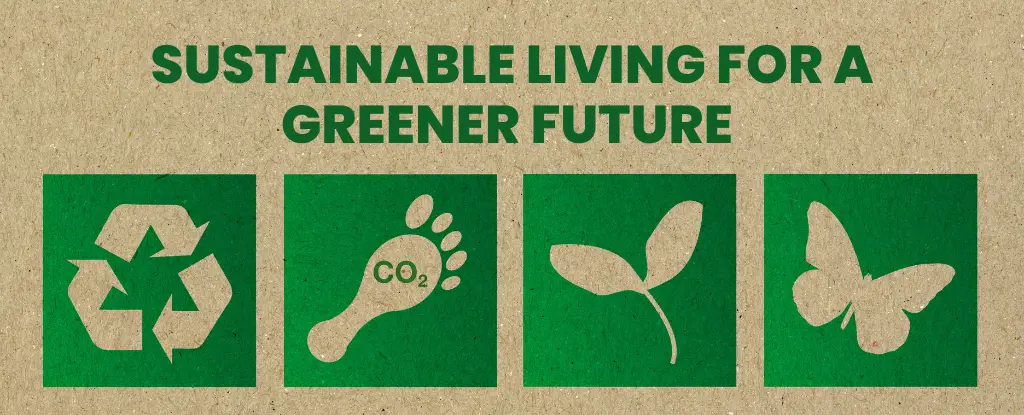In an era of rapid urbanization and industrial growth, environmental concerns have become more pressing than ever. Climate change, pollution, and resource depletion are major challenges that threaten the future of our planet. Adopting sustainable living practices is crucial to mitigating these issues and ensuring a healthier, greener future for generations to come.
What is Sustainable Living?
Sustainable living refers to a lifestyle that minimizes harm to the environment by making conscious choices in daily life. It involves reducing waste, conserving natural resources, and embracing eco-friendly alternatives. The goal is to create a balance between human needs and environmental preservation.
Why is Sustainable Living Important?
- Reduces Carbon Footprint: One of the primary benefits of sustainable living is the reduction of greenhouse gas emissions. Using renewable energy sources, reducing waste, and opting for sustainable transportation options can significantly lower carbon footprints.
- Conserves Natural Resources: Resources such as water, fossil fuels, and forests are depleting rapidly. Sustainable practices like rainwater harvesting, energy-efficient appliances, and responsible consumption help conserve these vital resources.
- Promotes Biodiversity: Deforestation and pollution are leading to the extinction of many species. By supporting sustainable agriculture and conservation efforts, we can protect biodiversity and maintain ecological balance.
- Enhances Human Health: Eco-friendly choices, such as organic farming and reducing plastic use, contribute to better air quality, cleaner water, and healthier living conditions.
- Supports Economic Growth: Sustainable industries create jobs in renewable energy, waste management, and green technology, fostering economic stability while protecting the environment.
Practical Steps Towards Sustainable Living
- Reduce, Reuse, Recycle: Practice waste segregation and recycle materials like paper, plastic, and glass to minimize landfill waste.
- Adopt Renewable Energy: Switch to solar or wind energy for home and business use to decrease reliance on fossil fuels.
- Conserve Water: Fix leaks, use water-efficient appliances, and practice mindful water consumption to preserve this precious resource.
- Use Eco-Friendly Products: Opt for biodegradable, non-toxic, and sustainably sourced products in everyday life.
- Support Sustainable Food Choices: Choose locally grown, organic, and plant-based foods to reduce the environmental impact of food production.
- Choose Sustainable Transportation: Walk, bike, carpool, or use public transport to reduce carbon emissions.
Sustainable living is not just a trend but a necessity for protecting our planet. Small changes in daily habits can lead to significant environmental benefits. By adopting eco-friendly practices, we can create a sustainable future where nature and humanity thrive together. Let’s take action today for a greener tomorrow! Read About – The Role of Language in a Child’s Development
